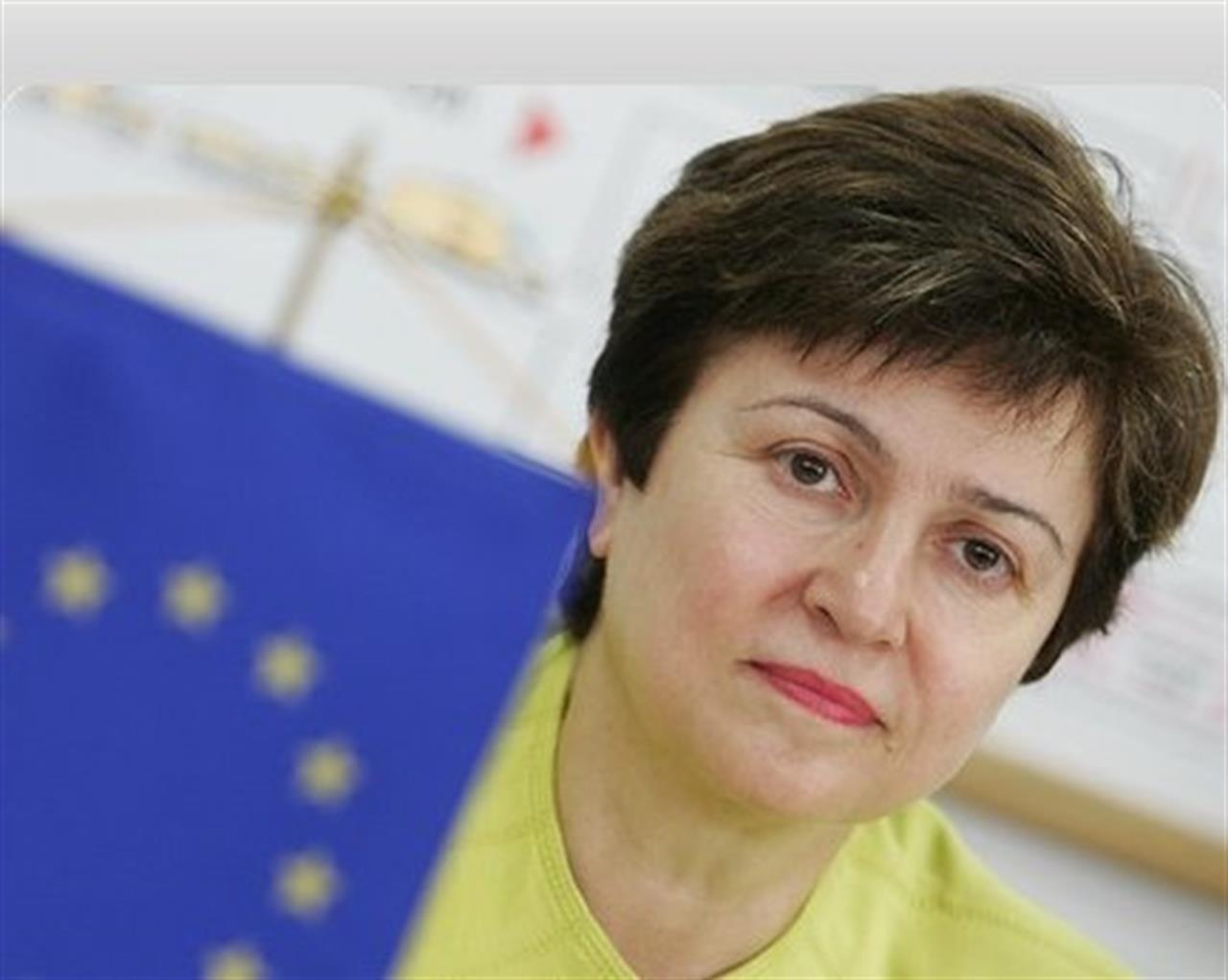World humanitarian day
European Commissioner Kristalina Georgiev reminds us how dangerous, and important, relief work is
di Staff

Kristalina Georgieva is the European Commissioner for International Cooperation, Humanitarian Aid and Crisis Response.
Did you know that last year more humanitarian workers died in action than UN peace keepers? Did you know that in one decade the number of men and women who lost their lives in service to humanity has tripled — from 30 in 1999 to 102 in 2009, and the number of kidnappings has gone up from 20 to 92?
I did not know these statistics until I took up my post as European Union (EU) Commissioner for humanitarian aid. Since then I have travelled to many places where people face safety and security risks daily. Last June, I visited humanitarian aid projects funded by the EU in Darfur. I met relief workers in the city of Nyala, one of the rare places in Darfur considered to be relatively safe for them. Two days after my visit, two of the humanitarian staff working there were kidnapped on the premises of their own compound. Thankfully they have been released since, but concerns about personal safety in the area they work in remain high.
Today, humanitarian work suffers from increased exposure to security risks – from harassment, threats and kidnappings to killings. Just a couple of days ago 8 foreign humanitarian workers were brutally murdered in Afghanistan. In another cold blooded attack this year, six relief workers were killed in Pakistan. They were professionals and they did not lose their lives because they were reckless. The gruesome truth is that they have increasingly become deliberate targets. The traditional baseline protection of relief workers relied on their ‘acceptance’ by belligerents, aligned with the strict application of the humanitarian principles of neutrality, independence and non-discrimination. But this acceptance is increasingly challenged in today’s conflicts. In some cases, relief workers are targeted because they are considered to be embarrassing “eye-witnesses” of atrocities perpetrated against civilians, like in the eastern Democratic Republic of Congo. In other cases, they are targeted as part of a political or ideological agenda, like in Afghanistan. The kidnapping of relief workers has also become a profitable economic business in some places. Whatever the underlying motives might be, all these acts do not just harm people. They also erode our trust in the universal values of humanity and solidarity – regardless of religion, culture, race or political considerations.
The most dangerous places for relief staff, such as Afghanistan, Somalia and Sudan, are actually also those where the humanitarian needs are the greatest. And with the continuous decline of the humanitarian space, relief workers often face a heart-breaking moral dilemma: maintaining a lifeline to the victims or protecting their own life? This is the reason why we owe relief workers more than just an expression of sympathy and admiration for their commitment and courage. We owe them resolute action at international level to change the outlook– and the statistics — for one of the most dangerous jobs in the world. As a leading humanitarian donor and political actor, Europe intends to fully shoulder its responsibility.
In September the EU will table a draft resolution at the General Assembly of the United Nations on the Safety and Security of humanitarian personnel and protection of United Nations personnel. We will work in a collaborative spirit with the other negotiating parties to ensure the highest possible level of collective commitment to this UN resolution and its effective translation on the ground. We will expand the political, technical and financial support to our humanitarian partners (UN agencies, Red Cross/Red Crescent movement, NGOs) for the improvement of their safety and protection. We do — and will continue to do — all we can to advance action on the preventive side, such as the dissemination of international humanitarian law among conflict parties, or practical security protocols. And when all this fails and crimes against humanitarian workers are committed, we will support firm punitive measures. Shooting at relief personnel is a war crime under international conventions. Therefore, criminal acts against relief staff must be punished — as an act of justice, but also as a strong deterrent tool in the fight against impunity.
As we commemorate the World Humanitarian Day on August 19, it is the right time to pay tribute to all the men and women who put their lives at risk while saving the lives of those in need of assistance. On this date, a large banner on the European Commission’s building in Brussels will mark the start of a European advocacy campaign called “Don’t shoot! I am a humanitarian worker” with the aim of raising awareness in the general public and public authorities of the dangers and difficulties relief workers face.
We simply cannot let relief workers be killed, for it is also the belief and hope in mankind which is killed. Don’t shoot! We are humanitarian workers.
This article was first published in www.africanews.com
17 centesimi al giorno sono troppi?
Poco più di un euro a settimana, un caffè al bar o forse meno. 60 euro l’anno per tutti i contenuti di VITA, gli articoli online senza pubblicità, i magazine, le newsletter, i podcast, le infografiche e i libri digitali. Ma soprattutto per aiutarci a raccontare il sociale con sempre maggiore forza e incisività.
